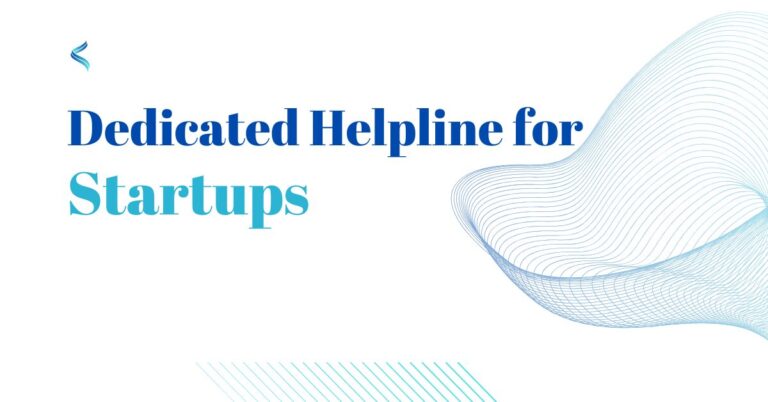Path to a Futuristic Tomorrow: Self Learning
Path: In a world that’s constantly evolving, the ability to learn and adapt has become more crucial than ever before. Self-learning, a concept deeply rooted in human nature, is now taking centre stage as we March towards a futuristic tomorrow. This blog post explores the significance of self-learning in the rapidly changing landscape of the 21st century.

Table of Contents
Introduction
The Essence of Self Learning
The Digital Age and Self Learning
Adapting to Change
The Tools of Self Learning
Self Learning in Education
Self Learning in the Workplace
Challenges of Self Learning
Overcoming Obstacles
The Role of Curiosity
Self Learning and Personal Growth
A Futuristic Vision of Self Learning
Conclusion
FAQs on Self Learning
Introduction
In an era marked by rapid technological advancements and an ever-changing global landscape, the concept of self-learning has never been more relevant. The ability to acquire new knowledge and skills independently is not just a personal asset; it’s a prerequisite for success in the future.
Path to a Futuristic Tomorrow: Read Futher
The Essence of Self Learning
Self-learning, simply put, is the process of gaining knowledge or skills through personal effort, curiosity, and exploration. It’s a dynamic and continuous journey, where individuals take charge of their own learning experiences.
The Digital Age and Self Learning
The digital age has revolutionized self-learning. With the vast sea of information available online, anyone can access knowledge on virtually any topic. Online courses, tutorials, and educational platforms have made self-learning more accessible than ever.
Adapting to Change
One of the primary advantages of self-learning is its ability to adapt to change. In a world where industries evolve rapidly, individuals who can learn quickly and effectively will thrive.
The Tools of Self Learning
Self-learners have a plethora of tools at their disposal. From e-books and podcasts to interactive courses and online communities, the options are endless. These tools empower individuals to chart their own learning paths.
Self Learning in Education
Traditional education is also evolving to incorporate self-learning principles. Schools and universities are encouraging students to take ownership of their education, fostering critical thinking and independence.
Self Learning in the Workplace
In the corporate world, self-learning is highly valued. Employees who can self-educate are more adaptable and innovative. Many organizations support continuous learning through training programs and resources.
Challenges of Self Learning
While self-learning offers immense benefits, it’s not without its challenges. Self-discipline, time management, and information overload can be obstacles to effective self-learning.
Overcoming Obstacles
Overcoming these challenges requires setting clear goals, creating structured learning plans, and seeking guidance when needed. Self-learners must also cultivate resilience and perseverance.
The Role of Curiosity
Curiosity is the driving force behind self-learning. It fuels the desire to explore new topics, ask questions, and seek answers. Nurturing curiosity is essential for successful self-learning.
Self Learning and Personal Growth
Self-learning is not just about acquiring skills; it’s about personal growth. It builds confidence, enhances problem-solving abilities, and fosters a lifelong love for learning.
A Futuristic Path of Self Learning
As we look to the future, self-learning will continue to evolve. Artificial intelligence, virtual reality, and personalized learning experiences will shape the way we acquire knowledge and skills.
Conclusion
In a world where change is the only constant, self-learning is the key to staying ahead. Embracing self-learning today will prepare us for the challenges and opportunities of tomorrow.
FAQs on Self Learning
What are the benefits of self-learning in the workplace?
Self-learning in the workplace promotes adaptability, innovation, and personal growth among employees. It also enhances problem-solving skills.
How can I overcome procrastination when self-learning?
Setting clear goals, creating a structured learning schedule, and finding accountability partners can help overcome procrastination.
Is self-learning suitable for all ages?
Yes, self-learning is suitable for individuals of all ages. It’s a lifelong journey that fosters personal growth at any stage of life.
What role does technology play in self-learning path?
Technology provides access to a wealth of information and learning resources. It enhances the path of self-learning experience by offering diverse tools and platforms.
How can I measure my progress in self-learning path?
Tracking your learning goals, assessing your skills, and seeking feedback from mentors or peers can help you measure your progress in self-learning path.
Thanks for reading this article.







One Comment